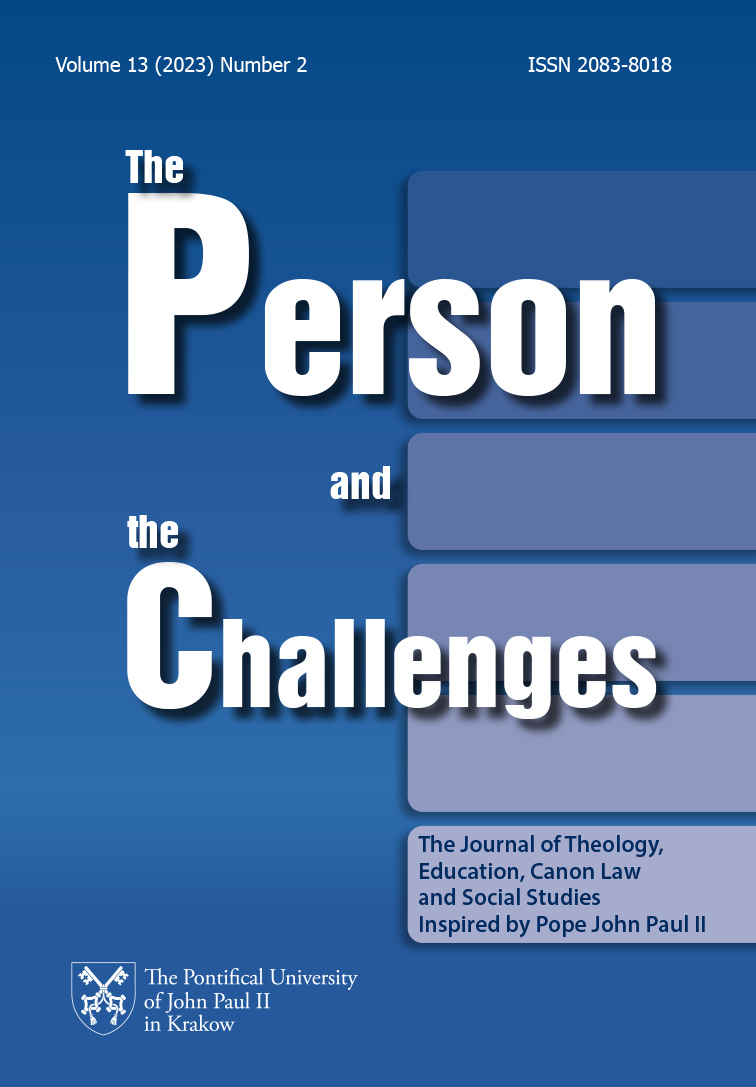The Field of Education in Reconstruction as the Consequence of COVID Pandemic Rebuilding Education? Mapping Landscapes of Changes in the COVID-19 Era
DOI:
https://doi.org/10.15633/pch.13205Słowa kluczowe:
education, schools, COVID-19 pandemic, Poland, inequalities, field of educationAbstrakt
The pandemic outbreak in 2020 has influenced all aspects of social life. We focus on the education system and its impact on social (in)equality using Poland’s case to analyse them, through the notion of Bordieuan social field and knowledge-power relations. We claim that lockdown put into motion important processes or even systemic changes of education, by the emancipation and empowerment mechanism of social actors that aspire to be an active part of the educational field. In Poland, we deal with a static, centralized and hierarchic system. The time of pandemic made the field of education more dynamic. New actors were invited with the result that the power-knowledge relations changed. In this frame, we put the question about educational inequalities. We ask how the educational field is changing in face of the unforeseen and scarcely manageable global pandemic risk. Do they mean less in the global pandemic context or, on the contrary, are they strengthened?
Bibliografia
Alexander K., Entwisle D., Olson L., Schools, Achievement, and Inequality: A Seasonal Perspective, “Educational Evaluation and Policy Analysis” 23 (2001), pp. 171–191.
Anger S., Heineck G., Do smart parents raise smart children? The intergenerational transmission of cognitive abilities, “Journal of Population Economics” 23 (2010) 3, pp. 1105–1132.
Archer M., Social Origins of Educational Systems, Londyn 1984, SAGE Publications.
Bol T., Witschge J., Van de Werfhorst H., Dronkers J., Curricular tracking and central examinations: counterbalancing the impact of social background on student achievement in 36 countries, “Social Forces” 92 (2014) 4, pp. 1545–1572.
Bourdieu P., Passeron J.-C., Reprodukcja. Elementy teorii systemu nauczania, Warszawa 1990, PWN.
Clarke A. E., Situational analyses: Grounded theory mapping after the postmodern turn, “Symbolic interaction” 26 (2003) 4, pp. 553–576.
Coley R., Kruzik C., Votruba-Drzal E., Do family investments explain growing socioeconomic disparities in children’s reading, math, and science achievement during school versus summer months?, “Journal of Educational Psychology” 112 (2020) 6, pp. 1183–1196.
Colao A., Piscitelli P., Pulimen M., Colazzo S., Miani A., Giannini S., Rethinking the role of Education, “The Lancet, Public Health” 5 (2020) 7.
Hippel P.T. von Workman J., Downey D., Inequality in reading and math skills forms mainly before kindergarten: A replication, and partial correction, of >Are schools the great equalizer?<, “Sociology of Education” 91 (2018) 4, pp. 323–357.
Klimczuk A., The COVID-19 Pandemic from the Perspective of Risk Theory, in: A. Bartoszewicz, K. Księżopolski, A. Zybała (eds.), Polska… Unia Europejska… Świat… w pandemii COVID-19-wybrane zagadnienia. Wnioski dla kształtowania i prowadzenia polityki publicznej, Warszawa 2021, Elipsa, pp. 34–56.
Kurzępa J., Leszczyński K., Przybysz M., Uczniowie a pandemia, Lublin 2021, Wydawnictwo Academicon.
Lavrijsen J., Nicaise I., New empirical evidence on the effect of educational tracking on social inequalities in reading achievement, “European Educational Research Journal” 14 (2015) 3–4, pp. 206–221.
Lien C., Khan S., Eid J., School Principals’ Experiences and Learning from the Covid-19 Pandemic in Norway, “Scandinavian Journal of Educational Research” (2022) pp. 1–16.
Olson M., The Logic of Collective Action, Cambridge 1965, Harvard University Press.
Ślusarczyk M., Spory o edukację wczoraj i dziś: społeczny, polityczny i kulturowy kontekst reform oświatowych – porównanie Polski i Niemiec, Cracow 2010, Oficyna Wydawnicza AFM.
Pobrania
Opublikowane
Numer
Dział
Licencja

Utwór dostępny jest na licencji Creative Commons Uznanie autorstwa 4.0 Międzynarodowe.
Autorzy publikujący w czasopiśmie udzielają jego wydawcy zgody o następującej treści:
- Autor zachowuje autorskie prawa majątkowe do utworu, a jednocześnie udziela wydawcy czasopisma zgody na jego pierwszą publikację w wersji drukowanej i wersji online na licencji Creative Commons Uznanie autorstwa 4.0 Międzynarodowe oraz zgody na wykonywanie opracowań, w tym przekładów.
- Autor ma możliwość udzielania zgody niewyłącznej na opublikowanie utworu w wersji, która ukazała się w czasopiśmie (np. zamieszczenia go w repozytorium instytucjonalnym lub opublikowania w książce), wraz z informacją o jego pierwszej publikacji w czasopiśmie.
- Autor może umieścić swój utwór online (np. w repozytorium instytucjonalnym lub na swojej stronie internetowej) jeszcze przed zgłoszeniem utworu do czasopisma.

